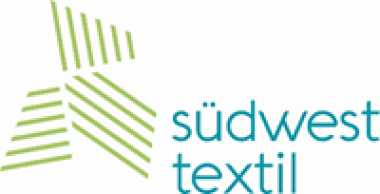Thomas Dötsch neuer Geschäftsführer der ASGLAWO Group
Am 26. März 2025 hat Thomas Dötsch die Geschäftsführung der ASGLAWO Gruppe, bestehend aus den drei Unternehmen, ASGLAWO technofibre GmbH, ASGLAFORM composites GmbH und Form + Technik Engineering GmbH übernommen. Die Unternehmensgruppe steht für Technische Textilien, Vliesstoffe und Composites.
Der diplomierte Ingenieur bringt langjährige Erfahrung in leitenden Positionen mit und zeichnet sich durch erfolgreiche Projekte in der Produktentwicklung, Prozessoptimierung und strategischen Ausrichtung von Unternehmen aus.
Die ASGLAWO group steht seit Jahrzehnten für innovative Lösungen in den Bereichen Technische Textilien, Verbundwerkstoffe und Engineering. Mit dem Wechsel an der Unternehmensspitze wird die Gruppe unter Thomas Dötsch ihre strategische Weiterentwicklung konsequent fortsetzen und neue Impulse für Wachstum und Innovation hauptsächlich im Bereich der Technischen Textilien setzen. Als erster Schritt wird der Vertrieb mit zwei weiteren Mitarbeitern komplettiert, die schwerpunktmäßig die Technischen Textilen in weiteren Branchen etablieren werden.
ASGLAWO group
































